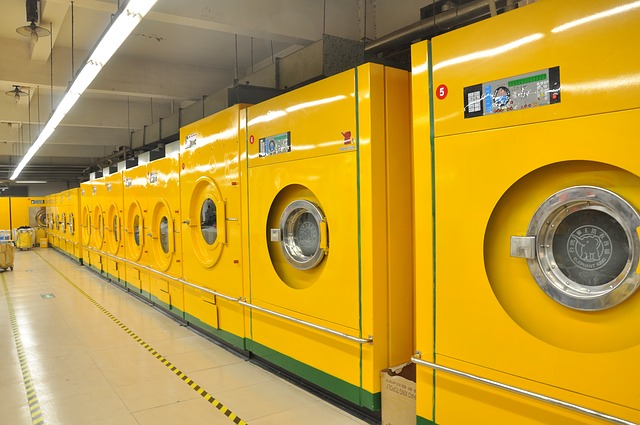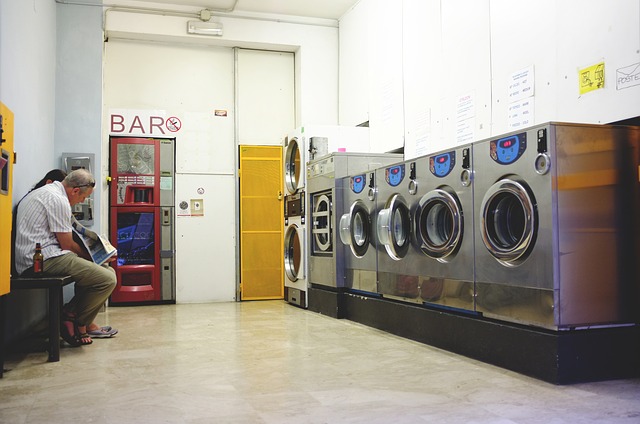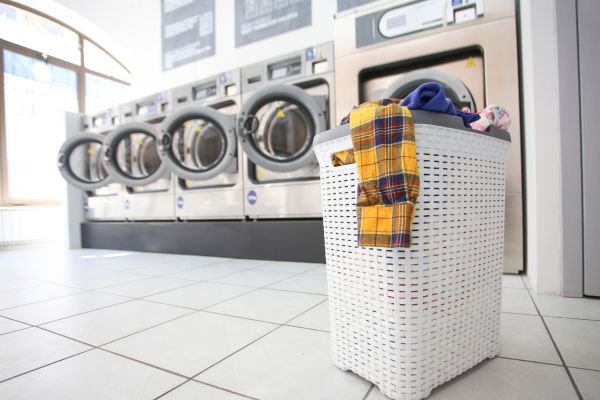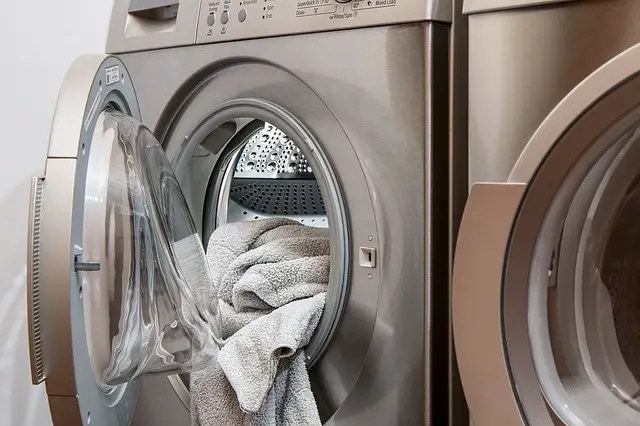In a community with rising personal income, limited space, and the ability to handle household chores, the laundry business can be a thriving opportunity to address an apparent need within the community mentioned above characteristics. More than just a fad, such a business model has been proven to be a money maker, allowing franchises to increase to help upstart investors get their feet wet.
But before delving into such a lucrative business, assessing one’s compatibility with the laundry business is important. More than just financial capability, it pays to understand the target market, the competition, and elements that contribute to the business’s success (or failure).
Table of Contents
Get to know your market
Before you can decide what type of service to offer, machines to use and pricing models, you have to understand your target customers:
- Office workers who have no spare time to do their laundry
- Condo residents who don’t have enough space to hang their laundry
- Students in the dorm who have no laundry facilities at home
- Transient workers who only go home on weekends
If this is not enough, you can conduct a survey in the area and examine the state of the competition if ever they exist — are their machines filled to the brim all the time, and takes longer for customers to get their pressed laundry?
Will customers likely to prefer your staff to do the job and do home delivery or make use of self-service facilities as they have time to wait for their laundry?
Having adequate market research helps you set the price, offer the right service (Self-service or full service? Wash and fold or wash, fold and service?), and pick the right equipment.
Scout for the best location
Just like in any other business, shop location is a crucial factor. Foot traffic going to your laundry shop is ideally close to residential areas where clothes, bed sheets, and carpets come from.
If you can’t secure a nearby location, you might want to consider pickup and delivery service (free or paid) to save your customers some time. So ideally, if your target market are occupants of a condo building, setting up a shop at the building’s basement can be a wise choice.

Also, based on your research, customers might usually go for groceries or grab a coffee after dropping off their laundry. Establishing the business close to complementary businesses will also help.
But in addition to close proximity to your clients, one major consideration of putting up your business is a steady water supply and quality that does not compromise the desired results and minimizes wastage on detergent or fabric softener.
Invest in durable equipment.
As you embark for the long haul, getting durable (though more pricy), machines saves you money on maintenance and repairs.
Things to note when acquiring industrial washing machines:
- Front-loading washing machines are often used compared to top-loading counterparts because the cost per washing is lower.
- Check the supplier’s service history, online reviews, and legitimacy to operate the business (valid license, accreditation, authorization to perform repairs or preventive maintenance).
- Besides machines, use compatible materials (detergent, fabric softeners) and operating conditions (temperature, humidity level) to help extend the washing machine’s operating life and minimize problems along the way.
Study the competition
It might be intimidating to add to the crowd of existing competition, but if your market research indicates opportunities for a newcomer, entering as a new player should benefit customers who enjoy better service and more choices, but the businesses who strive for success through operating efficiency.
Before setting up shop or looking for a location, ask these questions about your competitors:
- What are their operating hours?
- Do they offer free delivery and pickup?
- Do they accept credit cards, cash, and other payment options?
- Do they offer extra amenities such as parking spaces or air-conditioned premises?
- Do they offer incentives such as discounts for off-peak hours customers or free choice of fabric softeners?
- Do they offer full-service or self-service?
- Do they accept wide range of services (wash and fold, press, delivery) and items (clothes, curtains, blankets, delicates, etc)?
- Is their pricing model sustainable, and should you engage in a price war?
- Do they have a known brand name and reputation for good service?
If the market is too crowded and saturated, it could end up in a war of attrition in which a newcomer who doesn’t have a band of loyal customers might give up sooner than established competitors.
Plan your promotion strategy
Reaching out to your neighborhood audience for local store marketing might get involve handing out flyers along with enticing offers of free laundry of up to a certain weight to test your service. Reaching a bigger and more targeted audience might involve using tarps on areas with significant foot traffic or newspapers targeting your intended audience — white-collar workers.
Going online, you can create a website or Facebook Page which also features your business, advertise on Google, and optimize your online presence so that when people use Google to search for laundry service, for example, your business is listed ahead of the competition.
Happy clients are the best salespeople so you can also provide incentives (discounts, free delivery) for them to share their good experience (rating your business 5 stars on Yelp or Google My Business, sharing your Facebook post on their timeline or linking to your websites from their blogs.

Listen to client’s suggestions or comments
Speaking of happy clients, not all clients are expected to share the same experience. Some will feel rates are too high; others complain about long waiting times, lost or damaged clothes, or disagree on the detergent used. As customers, they have the right to air their frustrations, and as business operators, they are our source of opportunities to improve our service.
But it’s also not expected that you’ll follow all their suggestions no matter how sensible they may be. You have your interests and bottom line as reference. Does this change apply to the majority of my most profitable client segment? Will opening earlier or closing later attract more customers or eventually wear down equipment and raise overtime pay and utility costs?
Some clients don’t express their frustrations directly at you. They share thoughts on Facebook, leave disparaging comments on review websites or badmouth you in front of many people. Yet, being open to communication is key to resolving many issues traced to miscommunication, lack of understanding or unmet expectations. Have your contact details (phone number, Twitter account, Facebook page, website address, and so on).
Hire experienced or easy-to-train staff.
Washing clothes can be a complicated matter. Whites and colored clothes have to be washed separately. Drycleaning and laundry symbols have to be respected and washer and dryer settings have to be matched with clothing appropriately. So hiring an experienced laundry staff saves you the trouble of training them from scratch, especially if you have no prior experience.
Efficiency in usage helps save energy, materials, and time. Running a machine with minimal laundry can lead to inefficient use of water, detergent, and electricity.
Having staff with experience or willingness to learn new skills helps maintain an efficient laundry shop operation.
Getting your laundry business in good shape starts with proper research, a good understanding of how the business works, and relating to the needs of your clients to improve service and product offerings.








